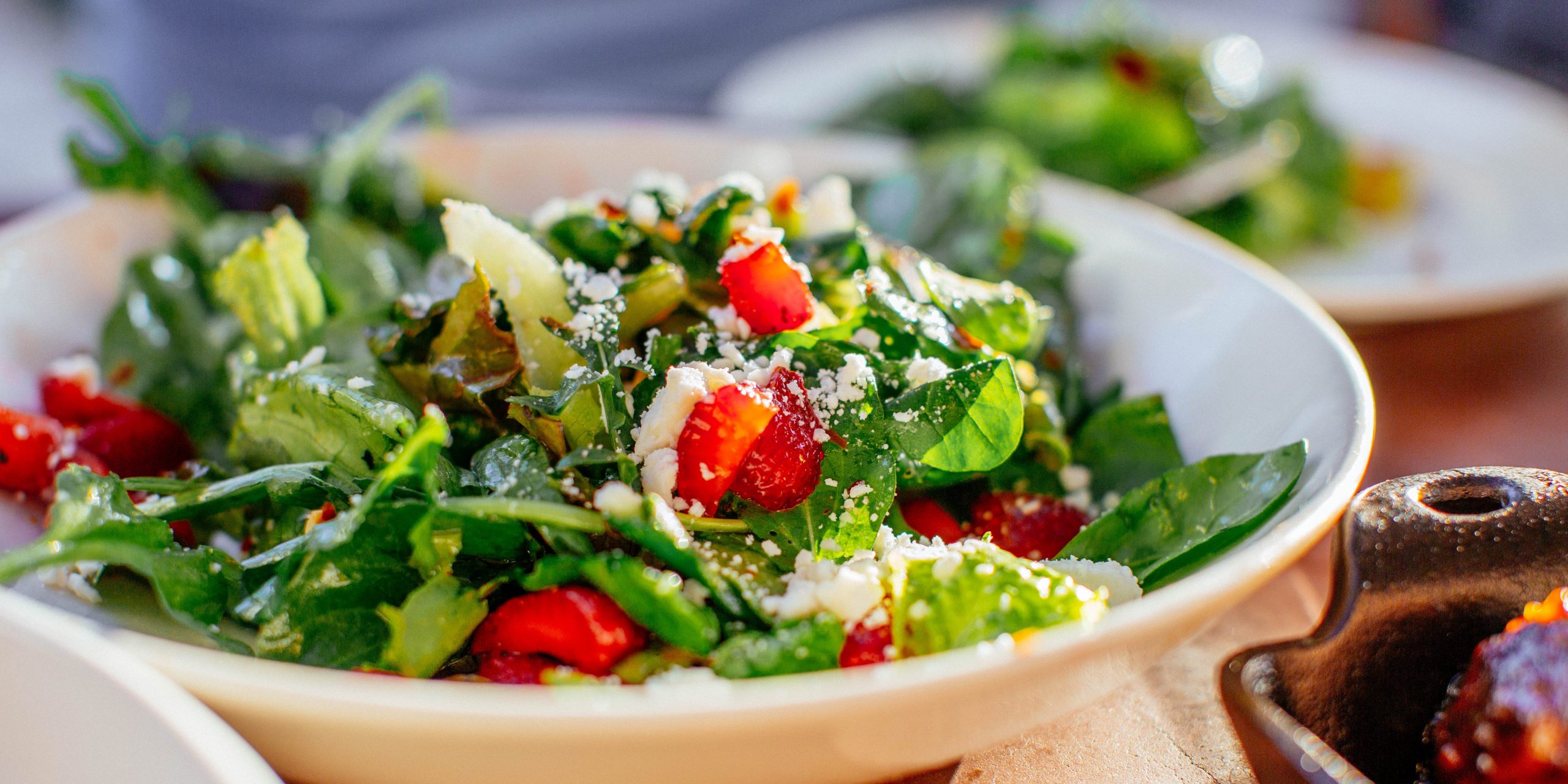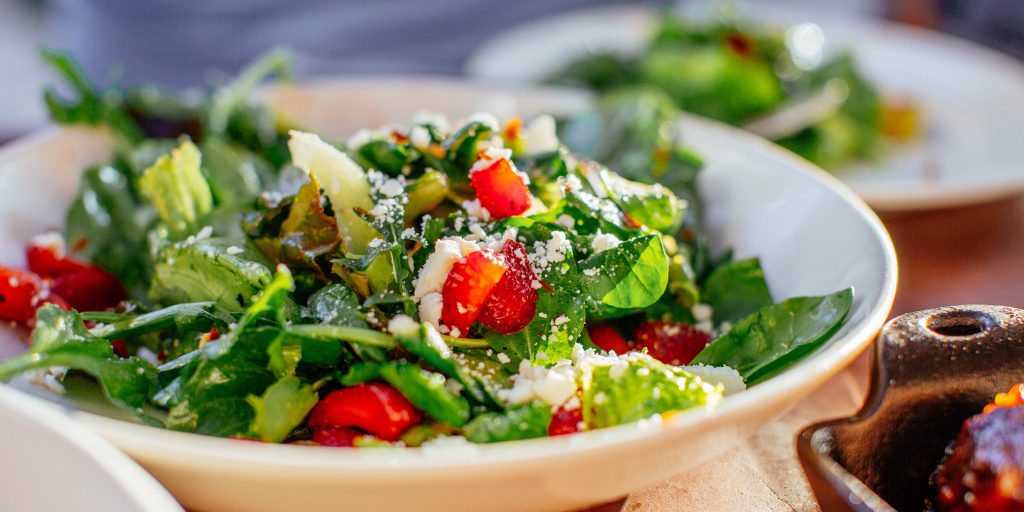
Ryan Herron/Getty Images
- Iron deficiency anemia causes symptoms like weakness, dizziness, fatigue, and heart palpitations.
- It can be caused by a lack of iron in the diet or conditions like ulcers, IBD, and heavy periods.
- If it's caused by diet, then you can up your iron intake by eating oysters, spinach, and tofu.
- Visit Insider's Health Reference library for more advice.
Your body needs red blood cells to carry oxygen to your organs. But when you have anemia, the blood cells can't carry oxygen efficiently – resulting in symptoms like fatigue and weakness.
Iron deficiency is a specific type of anemia that is caused by low levels of iron in the blood. It's a common condition, affecting about 27% of the world's population.
Here's what you need to know about how iron deficiency anemia manifests and what to do about it.
Symptoms of iron deficiency anemia
Bona says signs of iron deficiency anemia are generally non-specific and can include:
- Fatigue
- Weakness
- Heart palpitations
- Dizziness
In more severe cases, symptoms can cause:
- Shortness of breath
- Pale skin
- Hair loss
- Brittle nails
- Sores in the mouth
- Pica (craving ice or other things that are not food, such as dirt)
The causes of iron deficiency anemia
There are various causes of iron deficiency anemia. The most common ones are:
- Not enough iron in the diet: This is often seen in vegetarians and vegans since they do not get iron from animal protein, which is a common source of the mineral, says Julia Blank, MD, family medicine physician at Providence Saint John's Health Center.
- Poor absorption of iron: Even if you are consuming enough iron, your body may have trouble absorbing it, Blank says. This could be due to gastrointestinal problems like celiac disease or Crohn's disease. Or, taking certain medications such as proton pump inhibitor antacids can also make it harder to absorb iron.
- Blood loss: If you experience chronic blood loss, you're not only losing blood but the iron that's in it. For example, one common cause of blood loss in adults is heavy menstrual periods, Blank says. Additionally, Bona says gastrointestinal blood loss is another common cause. Some causes of this are:
- Ulcers
- Inflammatory bowel disease (IBD)
- Colorectal cancer
- Long-term use of certain over-the-counter pain relievers.
- Pregnancy: Pregnant women require more iron, Blank says. This is because when you're pregnant, you need enough iron to support not only you, but also your growing baby. So, if you aren't taking in more iron than you were before pregnancy, it's likely that your iron levels may start to deplete.
Treatment for iron deficiency anemia
First, you should see your doctor to determine if your iron deficiency anemia is caused by diet or another condition.
If it's due to an underlying issue like peptic ulcers, then your doctor may give you medications to treat those conditions.
Iron deficiency could also be caused by heavy menstrual periods, in which case your doctor might recommend birth control pills to regulate your flow.
If there is no underlying problem, then your doctor may instruct you to take iron supplements. They can recommend the right dose based on the severity of your condition.
As a general rule, healthy adult women need about 18 mg of iron each day and men need about 8 mg. Pregnant women need much more - about 27 mg.
Here are some of the best dietary sources of iron:
| Food | Serving Size | Iron content per serving (milligrams) | Percentage of daily value |
| Breakfast cereal | 1 serving | 18 | 100 |
| Oysters | 3 ounces | 8 | 44 |
| White beans | 1 cup | 8 | 44 |
| Beef liver | 3 ounces | 5 |
28 |
| Lentils | ½ cup | 3 | 17 |
| Spinach | ½ cup | 3 | 17 |
| Tofu | ½ cup | 3 | 17 |
If left untreated, iron deficiency anemia could damage your organs as a result of too little oxygen in the body. It can also lead to heart conditions or problems during pregnancy.
Insider's takeaway
Iron deficiency anemia is a common condition that has various causes. If you have or believe you have iron deficiency anemia, it's crucial that you determine the root cause or increase your iron intake, whether through diet, supplements, or both.
